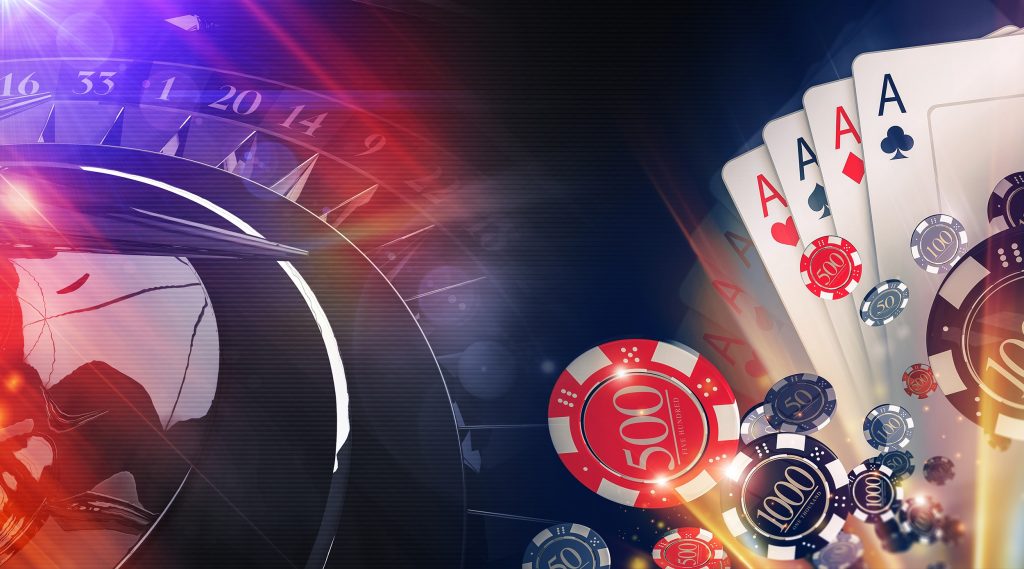
The Future of Fun: Innovations Reshaping Entertainment
The landscape of entertainment is evolving at an unprecedented pace, and as we look ahead, the future of fun is set to be more interactive, immersive, and accessible than ever before. As technologies advance and cultural paradigms shift, we’re on the brink of a revolution in how we experience enjoyment. From virtual reality and augmented reality to gamification and personalized experiences, the definitions of play and leisure are expanding. It’s a thrilling time to be an enthusiast of fun, with myriad opportunities on the horizon. Companies like The Future of Fun Is Here mostbet-sports.com are already innovating in these spaces, setting the stage for the entertainment landscape of tomorrow.
The Rise of Virtual Reality (VR) and Augmented Reality (AR)
Virtual reality and augmented reality are not just buzzwords anymore; they are tangible technologies that are transforming entertainment. VR experiences offer users a chance to immerse themselves completely in alternate realities, allowing for thrilling adventures that would be impossible in real life. Whether it’s battling monsters in a fantasy world or participating in an adrenaline-pumping sports simulation, VR provides an escape from the everyday.
Augmented reality, on the other hand, overlays digital information onto the real world. This technology is being utilized in gaming, education, and even social networking. Popular apps and games like Pokémon GO have already shown the potential of AR, turning everyday environments into interactive playgrounds. As these technologies continue to develop, we can expect creative new applications that enhance our experiences and redefine how we engage with both physical and digital spaces.
Interactive Storytelling: The Next Chapter of Engagement
Storytelling has always been a fundamental aspect of human culture, but the future of fun may dramatically change the way stories are told. Interactive storytelling combines traditional narrative techniques with interactive elements, allowing audiences to shape the plot through their choices. This approach not only keeps audiences engaged but also builds a personal connection to the story.
Video games have long been at the forefront of interactive storytelling, with titles like “The Witcher” and “Life is Strange” allowing players to make decisions that influence the outcome of the story. However, we are now seeing the rise of interactive films and series. Platforms like Netflix have begun exploring this format, giving viewers the ability to make choices that affect the storyline. As technology continues to improve, we can anticipate more sophisticated forms of interactive storytelling that will offer deeply engaging experiences.
Gamification in Everyday Life
Gamification involves incorporating game design elements in non-game contexts to motivate engagement and participation. This trend has exploded in popularity across various domains, from education and fitness to corporate training and marketing. By introducing game mechanics—such as points, leaderboards, and challenges—into our everyday activities, organizations can enhance motivation and create genuinely fun experiences.

In education, gamification can turn learning into an engaging and competitive experience. Students may partake in quizzes that allow them to earn rewards, fostering a sense of achievement and encouraging better retention of knowledge. In fitness, apps that incorporate gamification are encouraging users to stay active by rewarding their efforts with badges or participating in community challenges. This trend is set to grow, reshaping how we approach daily tasks and responsibilities.
The Social Component of Entertainment
As much as technology drives the evolution of fun, the social aspects of entertainment remain central to its enjoyment. Whether through online multiplayer gaming, social media engagement, or shared virtual experiences, the future of fun will be increasingly collaborative. In an age where digital connections often replace physical interactions, the human need for connection will influence how entertainment mediums evolve.
Streaming services are already integrating social features, allowing viewers to watch content together while chatting in real time. E-sports tournaments attract massive audiences, drawing fans together to engage with the content and with each other. The future will see even more innovative ways for people to connect through entertainment, fostering new communities and experiences.
Personalization of Entertainment Experiences
As data analytics and artificial intelligence continue to advance, the concept of personalization in entertainment will become increasingly prominent. Users no longer want generic experiences; they desire content and activities tailored to their unique preferences and tastes.
Streaming services like Spotify and Netflix already use algorithms to recommend music and shows based on user behavior. However, the future will see even more sophisticated forms of personalization. Imagine games that adapt their difficulty based on the player’s skill or virtual environments that tailor themselves to the emotional state of the user. This level of customization will not only enhance enjoyment but also foster deeper connections to the content being consumed.
Conclusion: Embracing the Future of Fun
The future of fun is bright and filled with possibilities. As technology continues to evolve, so too will our experiences of play and leisure. Whether it’s through virtual reality adventures, interactive storytelling, gamified daily activities, or personalized entertainment, the landscape is shifting towards a more engaging, immersive, and accessible future.
As we embrace these developments, it’s essential to remain open to new forms of entertainment that challenge our traditional notions of fun. The only limit to the future of fun is our imagination, and with the rapid advancements in technology, we’re sure to witness innovations that we have yet to dream of. So gear up for the adventures ahead and prepare to experience fun in ways you’ve never thought possible!
